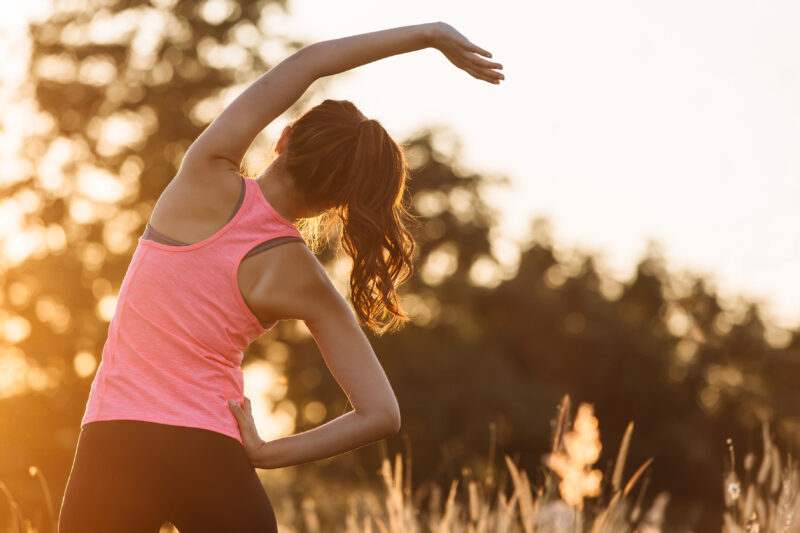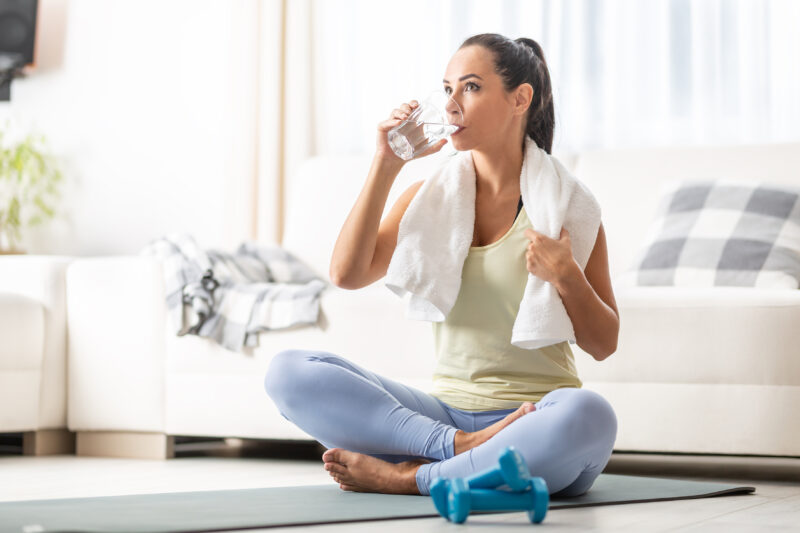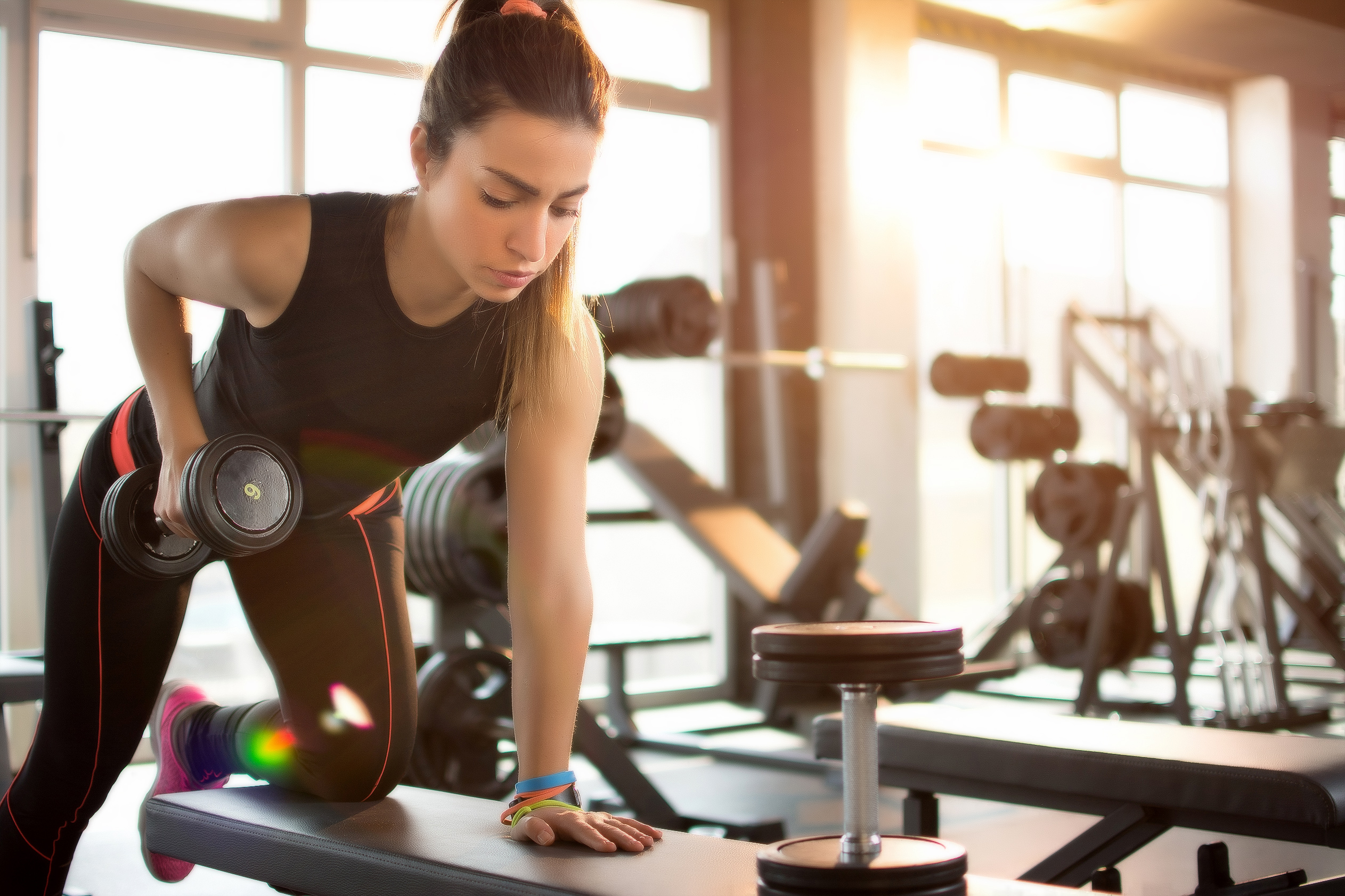The rains may seem lovely and enjoyable but the undeniable fact is that the sudden change in weather can seriously affect your body and its immune system. Poonam Ahuja shares some important wellness tips to help you stay healthy.
ome monsoon and not only your exercise routine but also your diet schedule gets highly disturbed. What’s more, much like in the winters, a lot of people are often seen complaining about painful knees and stiff shoulders too. The cooling rain showers bring along with them infectious diseases and allergies that people generally fall prey to. Keeping this in mind, we’ve explored effective tips to ensure that you stay healthy and enjoy the weather. Over to our panel of experts on how to keep the monsoon problems at bay.
BEWARE OF the first SHOWERS
During this season, we have increased susceptibility to water-borne, air-borne and vector-borne diseases. It is increasingly becoming common for Indians to contract a slew of diseases at least once during the monsoon. Dr Vijay Nandu, general physician at Mumbai-based Bhatia Hospital, states, “The first rainfall comes after a long gap so it takes all the impurities from the air and thus contains more dirty and polluted water. These impurities in the air are likely to cause allergies and infections.” Typhoid, cough, cold, cholera, diarrhoea, flu, respiratory infections, malaria and dengue are some common ailments caused due to water stagnation, water contamination or new viruses that crop up due to the change in weather conditions. The wet weather promotes widespread growth of microorganisms as well.

Maintain your health
Dr Nandu lists the necessary precautions:
- Drink clean (sterilised) and boiled water and consume properly cooked and covered food.
- Avoid roadside food. If you have to eat outdoors, preferably eat warm food as heat destroys the bacteria, if any.
- Sewage and garbage around the house serve as breeding grounds for mosquitoes. Ask your civic ward office to keep the surroundings clean.
- Wear full-sleeved clothes to cover your body and ensure no skin is exposed to avoid mosquito bites.
- Close the windows before sunset and use a mosquito net at the window or around the bed.

Stay active and energised
People tend to get sedentary during this season. The increase in humidity makes you feel lethargic and low on energy. Besides, the downpour may restrict you to stay indoors, thus hindering your workout regime. Above all, the cool showers make you relish fried and unhealthy foods that further add to the laziness. Dr Diti Bagaria Ahuja, a practising physiotherapist in Mumbai, suggests, “Monsoon may not affect any joint or body part, but the humidity may cause an increase in the overall pain perception due to which any old knee pain or back pain may resurface. At this time, people tend to stay indoors, which may cause Vitamin D deficiency, especially in middle-aged women. It is, therefore, very important to soak in the sun whenever the weather allows, so the body absorbs UVA and UVB rays which help in the production of Vitamin D in the body.”
To stay active, follow a simple exercise regime at home comprising stretching (5 minutes), warm-up (10 minutes), basic exercises (20-30 minutes), and a cool down (10 minutes). Warm-up and stretching prepare your muscles for exercise and prevent strain or any other injuries. Opt for lower body stretching – hamstrings, quadriceps, and calves – and a light upper body stretching. Basic exercises include wall push-ups, floor dips, squats, lunges, bent knee push-ups and reverse leg crunches among others. Try maintaining the same schedule at least 4-5 times a week.
Why is exercising important?
Dr Ahuja advises:
- Battling cough or cold? Feeling tired all the time? Take a daily walk or follow a simple exercise routine a few times a week to feel better.
- Physical activity may help flush bacteria out of the lungs and airways. This may reduce your chance of getting a cold, flu or other airborne diseases.
- Exercise causes changes in antibodies and white blood cells (the body’s immune system cells that fight disease). These white blood cells circulate more rapidly, so they detect illnesses faster.
- The brief rise in body temperature during and after exercise prevents the spread of bacteria. This temperature rise may help the body fight infection more effectively. (This is similar to what happens when you have a fever.)
- Some stress increases the chance of illness. Exercise slows down the release of these stress-related hormones. Lower stress hormones may protect against illness.

Keep your joints active
There is an indirect link between monsoon and joint pain. If you have an inflamed joint that is subject to swelling, it will tend to swell more. This is because there is less atmospheric pressure holding the inflamed tissue back. As a result, the nerves in that tissue get stimulated by the swelling and that translates into pain and discomfort. “Joint pain is a very subjective matter but arthritis patients may have more pain during monsoons. The increase in humidity and moisture may surge joint inflammation in the arthritic knee and worsen the pain. Tendinitis pain may also increase during monsoon. Colder environment produces more pain in arthritic joints,” mentions Dr Rajeev K Sharma, senior consultant, orthopaedics and joint replacement surgeon at Indraprastha Apollo Hospital, New Delhi. According to him, the water loss due to perspiration results in dehydration in our bones. Excessive dehydration can exacerbate joint and back pain, besides causing a slew of other health problems like diarrhoea, heat stroke, cramps, fatigue and mental disorientation.
Try this!
Despite the use of umbrellas and raincoats, you might feel slight dampness in your feet, which may precipitate pain due to the cold weather. Soak your feet in warm water for 20 minutes at least once a week. It helps in blood circulation to the feet and reduces tenderness. After that, towel dry your feet – especially between the toes – and apply moisturiser.
Dr Sharma’s tips to ease joint pain
- In chronic pain, keep your joints warm with hot fomentation (the application of hot moist substances to the body to
ease pain). - Exercise and joint movement helps prevent stiffness.
Do regular muscle strengthening exercises to keep your joints and bones healthy. - Take calcium and protein in appropriate quantity.
- Do weight reduction exercises. If obese, check vitamin D-3 level, because the sun exposure tends to reduce
in monsoon. - Humidity causes dehydration so drink a lot of water.
Avoid smoking and alcohol as it causes osteoporosis. - Middle-aged women, especially those suffering from arthritis, should avoid squatting, sitting on the floor or
cross-legged and climbing stairs as it can worsen joint pain.
Eat a healthy diet
If the cartilage around the joints is dehydrated, its surface becomes wrinkled and unsmooth. For a surface that keeps gliding over another to make the body joint move, one can understand the consequences of losing fluid and becoming rough. It can cause friction and mild wearing down of the surface, which does not work well for a joint. Weather-related joint pain is, however, seen more in patients with osteoarthritis and rheumatoid arthritis and most commonly affects the hips, knees, elbows and hands. Basically, you need to keep your joints active and make sure you eat a healthy and balanced diet in all seasons. Your body needs a lot of anti-oxidants to keep it healthy and prevent free radical damage. Walking for at least 30 minutes daily is a good exercise. It increases the range of motion in the affected joints. It is also good for the heart, brain and other parts of the body.
So follow these tips and have a happy monsoon!


